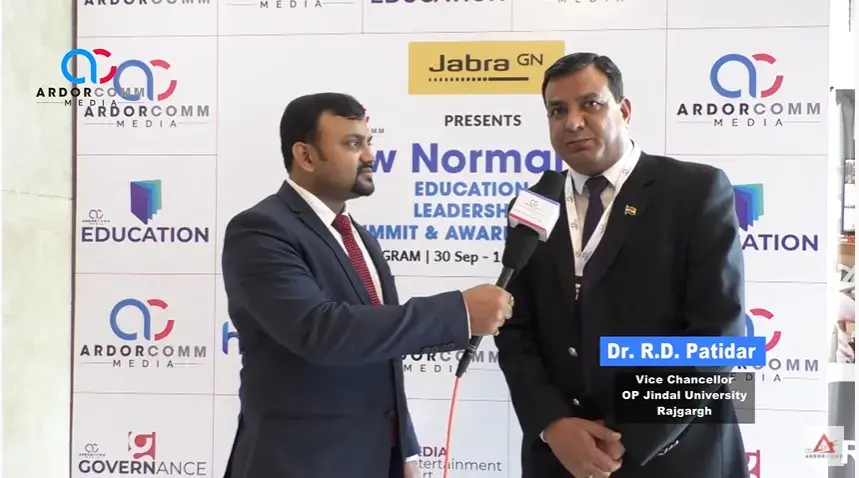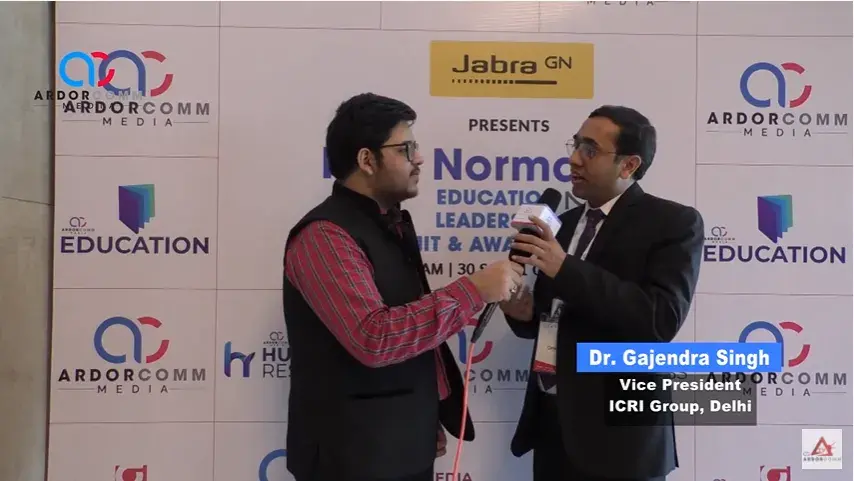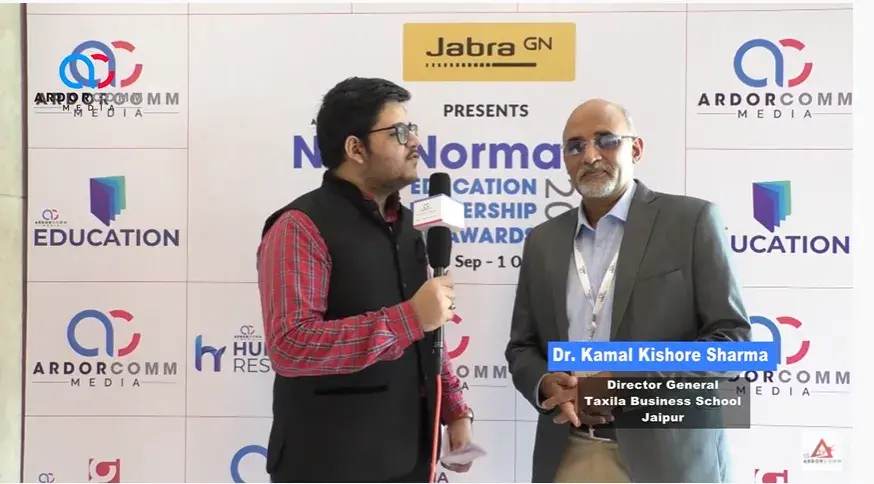Doctors have recently suggested that it’ll be worthwhile to adopt a plant-based diet that’s rich in dark green leafy vegetables, for those that are affected by the symptoms of chronic migraine. This study was published online in the ‘BMJ Case Reports Journal’. the advice comes after they treated a person who had endured severe migraine headaches without aura for over 12 years. He had tried prescribed medicines (Zolmitriptan and Topiramate); cutting out potential ‘trigger’ foods, including chocolate, cheese, nuts, caffeine, and dried fruit; and yoga and meditation in a bid to blunt the severity and frequency of his headaches. Nothing had worked. Over one billion people worldwide have migraines, characterized as one-sided, pulsating headaches lasting 4-72 hours, and sometimes accompanied by sensitivity to noise and light and sometimes prodromal auras. Migraines are either episodic (fewer than 15 days a month) or chronic (15 or more migraine days a month plus migraine features on a minimum of 8 days of the month). Successful migraine treatment is defined as a halving in the frequency and length of attacks, or as an improvement in symptoms. While drugs can help prevent and treat the condition, a growing body of evidence suggested that diet might also offer an efficient alternative with none of the side effects related to some medicines, said the report authors. Six months before his clinic referral, the man’s migraines had become chronic, occurring on 18-24 days of each month. He described the pain as starting suddenly and intensely in the forehead and temple on the left side of his head. The pain was throbbing in nature and typically lasted 72 hours. His headaches were accompanied by sensitivity to light and sound, nausea and vomiting. On a scale of 0-10, he scored the pain severity as 10-12 out of 10. Blood tests revealed that he did not have high levels of systemic inflammation and that he had a normal level of beta-carotene (53 ug/dl). This was likely derived from his daily consumption of sweet potatoes, which, although high in beta-carotene, are relatively low in the nutrients liable for the anti-inflammatory and antioxidant properties of carotenoids, identified the report authors. These are instead found in dark green leafy vegetables, like spinach, kale, and watercress. Systemic inflammation and oxidative stress are implicated in migraine. The report authors advised the man to adopt the Low Inflammatory Foods Everyday (LIFE) diet, a nutrient-dense, whole-food, plant-based diet. The LIFE diet included eating a minimum of five ounces by weight of raw or cooked dark green leafy vegetables a day, drinking one 32-ounce daily green LIFE smoothie, and limiting the intake of whole grains, starchy vegetables, oils, and animal protein, particularly dairy and red meat. After two months on the LIFE diet, the person said that the frequency of his migraine attacks had fallen to only one day a month; the length and severity of the attacks had also lessened. Blood tests showed a considerable rise in beta-carotene levels, from 53 ug/dl to 92 ug/dl. He had stopped taking all his migraine meds. Even when he tried certain ‘challenge’ foods, like egg whites, salmon, or iced tea, which triggered headache attacks, these were much less painful and much shorter in duration than before. After three months, his migraines stopped completely and that they haven’t returned in 7.5 years. The man was allergic, and previously published research suggests that better control of allergies may cause fewer migraine headaches. in this case, the man’s allergy symptoms improved to the point that he no longer needed to use seasonal medication. He was also HIV positive, and HIV has been linked to a heightened risk of migraines, so it’s certainly possible that the man’s HIV status and antiretroviral drugs had contributed to his symptoms, said the authors of the report. But it wasn’t possible to review this further without stopping the antiretroviral treatment, which is a limitation of the study, they acknowledged. However, they concluded, “This report suggests that an entire food plant-based diet may offer a secure, effective and permanent treatment for reversing chronic migraine.” “While this report describes one very adherent patient who had a noteworthy response, the LIFE diet has reduced migraine frequency within three months in several additional patients (personal communication).” Source: With inputs from ANI




